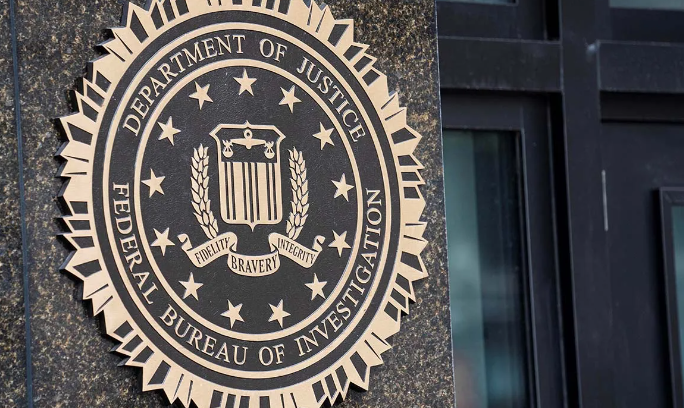The former leader of the FBI’s counterintelligence division in New York, who had fallen from grace, expressed a remorseful apology in a federal court in Manhattan on Tuesday. In his admission, he confessed to conspiring to breach US sanctions during his tenure under a Russian oligarch.
Charles McGonigal, previously involved in probing potential Russia connections to the Trump campaign before facing his own complications, conveyed to the court his remorse for his association with Oleg Deripaska, a Russian billionaire and prominent figure in business.
“I understand what my actions have resulted in, and I’m deeply remorseful. My actions were never intended to hurt the United States, the FBI or my family and friends,” McGonigal, said while choking up.
He confessed to receiving over $17,000 with the purpose of aiding Deripaska in acquiring compromising information about another Russian oligarch. According to federal prosecutors, McGonigal was also actively working towards removing Deripaska’s name from the US sanctions list. This listing had occurred in 2018 due to his involvement in relation to Russia’s annexation of Crimea.
He entered a plea of guilt for one charge, which pertained to conspiring to engage in money laundering and contravene the International Emergency Economic Powers Act.
Hailing from New York City, McGonigal might potentially confront a maximum prison term of five years, pending the sentencing set for December 14th under the jurisdiction of Judge Jennifer Rearden.
US Attorney Damian Williams expressed a sense of accomplishment after the legal proceedings concluded.
In the meantime, Seth DuCharme, the attorney representing McGonigal, affirmed that his client had taken the appropriate course of action.
McGonigal, who headed the FBI’s counterintelligence division in New York City from 2016 until his retirement in 2018, faced charges in January for his involvement with Deripaska in 2021. Law enforcement apprehended him at JFK Airport shortly after the start of the new year.
Having previously served as a special agent in charge, he was obligated by law to disclose his interactions with foreign officials to the bureau. Contrary to this obligation, he concealed his connections and engaged in professional activities and travel that clashed with his official duties, as stated by the prosecution.








